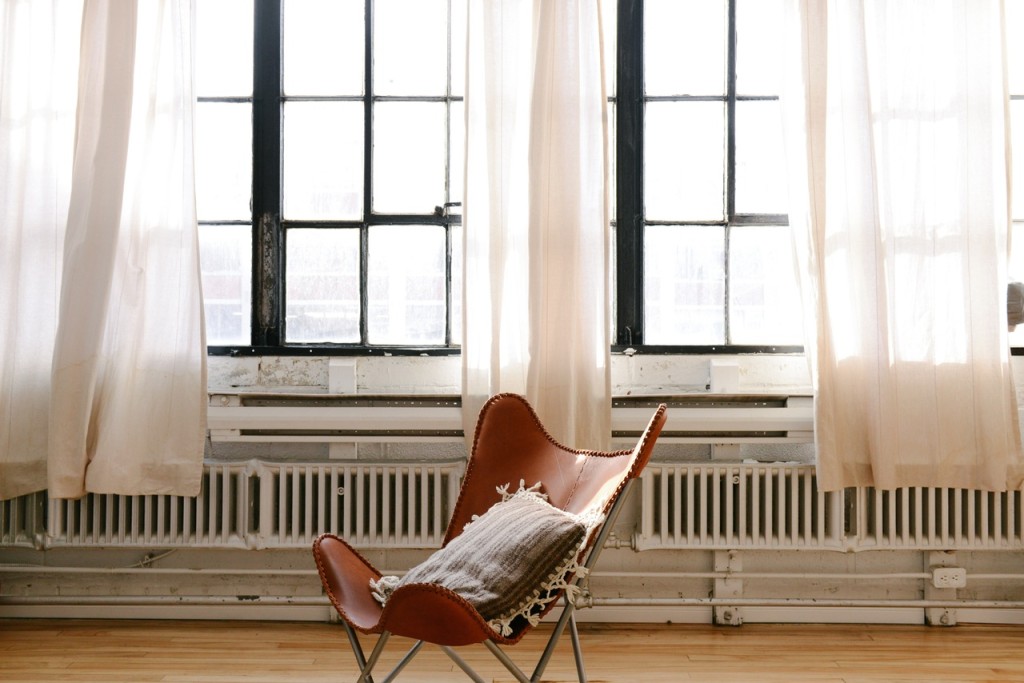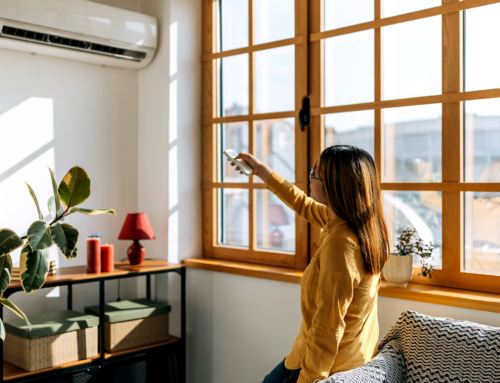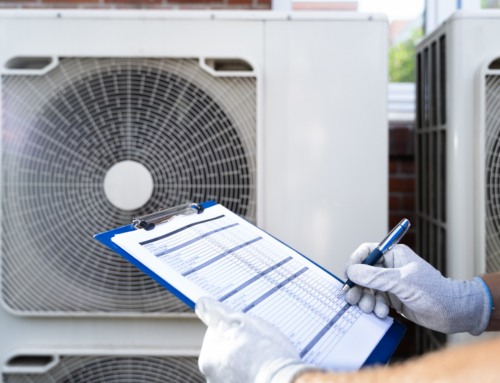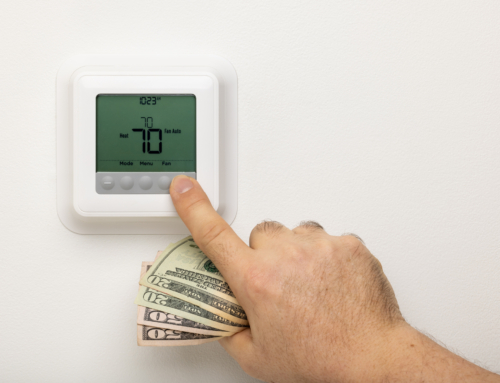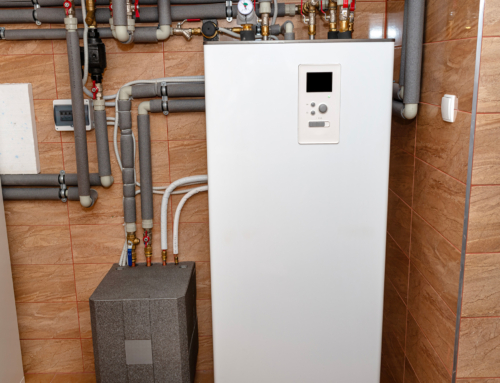Winter is coming…
Indeed, temperatures are dropping and it’s time to start thinking about how to prepare your home for the colder winter months! Winterizing your home helps you stay warm, save money, and avoid annoying and costly problems down the line. Here are several important and beneficial ways to winterize your home.
Clean the gutters
It’s vital that water can flow freely through your gutters. This helps prevent icicles and ice dams from forming in them in the coming weeks and months.
Switch up your ceiling fans
Turn on your ceiling fan and see which direction it’s turning—clockwise or counterclockwise. If it’s turning counterclockwise, change the direction to clockwise. In this way, ceiling fans can push warm air along the ceiling down towards the floor.
Replace filters
Regularly changing your central air and heating filters can significantly improve the efficiency and longevity of the system, which also saves you money. And this is an inexpensive fix: new filters cost around $10.
Don’t forget about plumbing
In colder climates, the cycles of freezing and thawing can cause pipes to burst, leading to water damage and mold growth. To winterize your plumbing, turn off your water supply to outdoor spigots, swamp coolers, and sprinkler systems, and drain them. Depending on what kind of irrigation system you have, you may need a contractor to blow out any extra moisture with compressed air. Cover the outdoor parts of your air conditioner or swamp cooler to protect them from the rain, snow, and cold.
Seal up leaks
Check your roof for missing or loose shingles and gaps around your chimney, flues, and other openings. You want to make sure these can close all the way. Do this for the exterior of your home, too; inspect your windows, doors, and your foundation, looking for areas where water might seep in or ice could form. Caulk any cracks you find or install weather stripping. You can also hire a professional to do this; make sure you get estimates up front!
Change the furnace filters
Dirty filters result in your furnace having work harder, which can lead to higher heating costs. In heating season, most furnace filters should be changed monthly. It’s also important to have your furnace serviced regularly to ensure that it’s working properly.
Check your chimney
If you intend to use your fireplace this winter, check your chimney to make sure it’s free of debris and critters. Call a chimney sweep to inspect it and remove soot and other dangerous debris.
Get an energy audit
This is one of the best things you can do for your home (and your wallet) this winter. An energy audit tells you where you’re losing energy and recommends how you can improve the energy efficiency of your home. Many utility companies perform audits for free, but you can also pay for a more extensive energy audit.
Winterizing your home helps keep you and your family comfortable and warm, avoid weather-related problems, and save money. Don’t wait until temperatures drop anymore; start preparing today!

